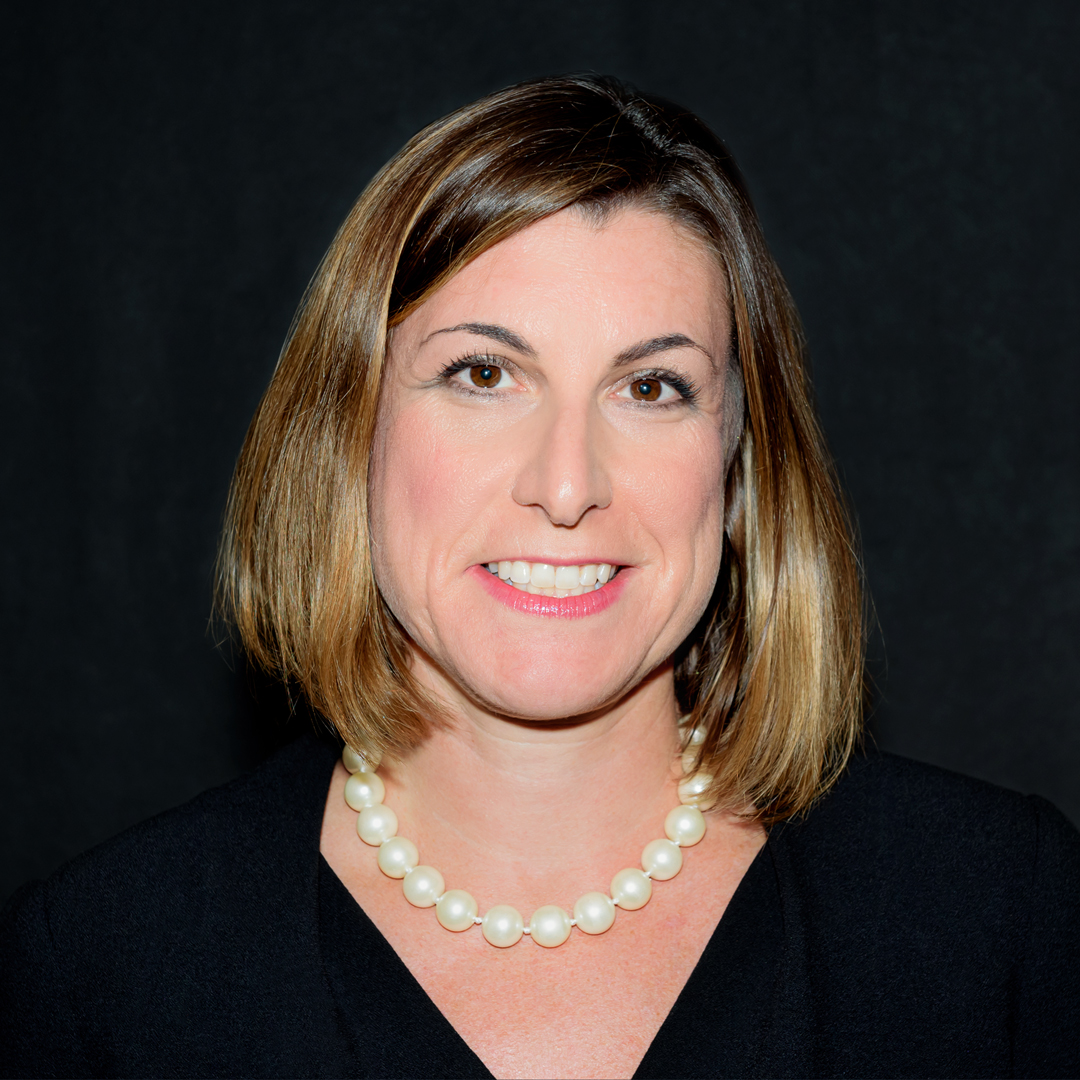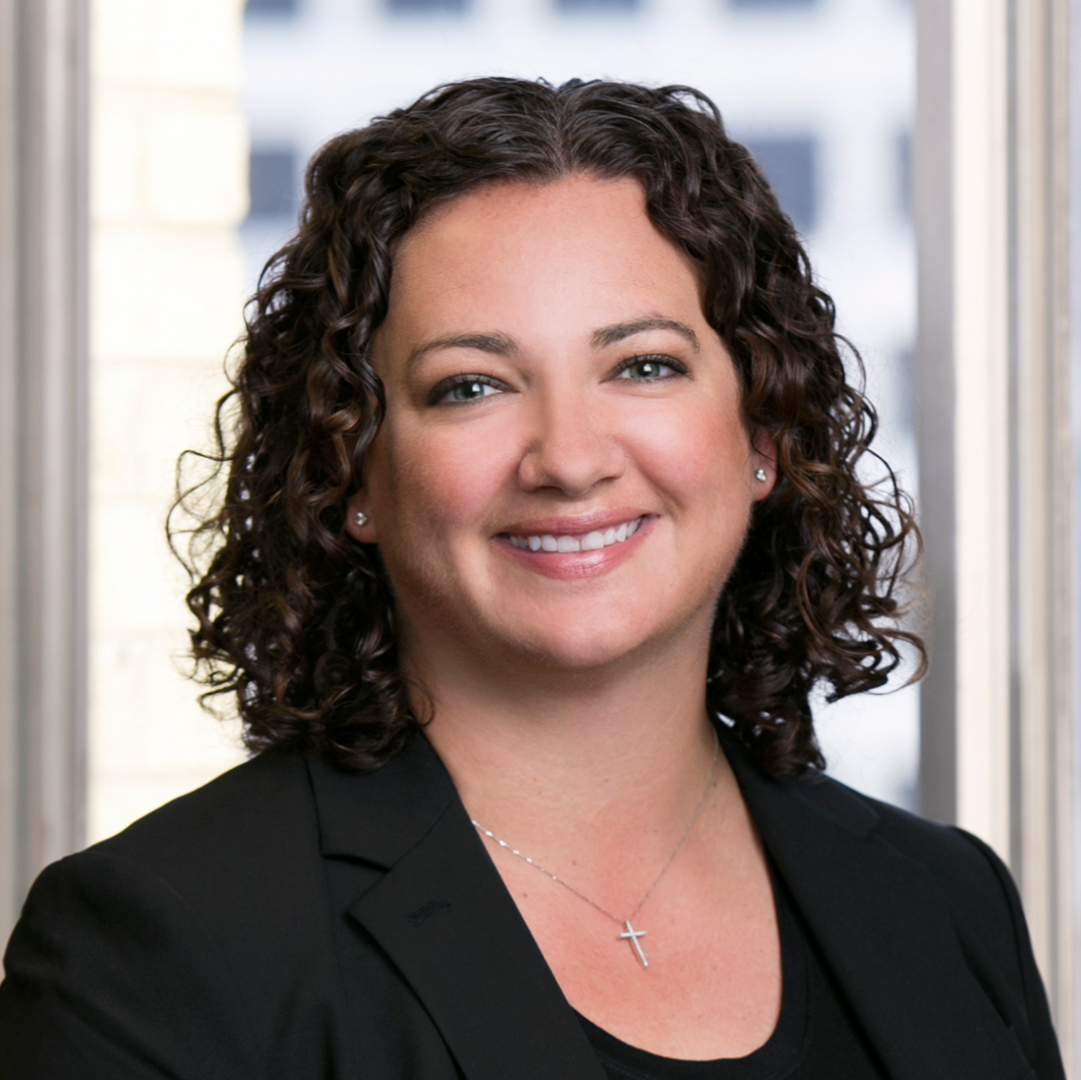Suzy Lee has spent the better part of her career—and the entirety of the last ten years—working as a general counsel at leading companies in the US and across the globe. Naturally, she has learned many things along the way. But most of all, Lee says, she has realized the importance of learning itself. As VP and general counsel at Toshiba America Electronic Components—an independent operating company owned by Toshiba America, the US-based electronic components business of Toshiba Electronic Devices and Storage Corporation—Lee ensures that the people around her have the mentoring, learning, and development opportunities they need to succeed.
An alumna of Cornell University and Fordham University School of Law, Lee wasn’t really sure what she wanted to do early on in her legal career. She certainly didn’t know that she wanted to become a general counsel. “But I was very fortunate to have the opportunity to work in Asia, at some of the largest law firms in Korea,” Lee says. “While I was there, I was approached about working at Otis Elevator Company, Korea as their first general counsel.
“It was a wonderful experience and a great first in-house experience,” Lee continues, “but it’s really not the norm to be a general counsel as your first in-house position.”
Lee attributes her successful transition into the GC role to the guidance she received from her mentors at the company. No matter your position, she notes, transitioning from a law firm to an in-house legal department is a significant and often confusing change.
“Business models at law firms and business models of corporations are very different, which means that the way that employees develop at law firms and corporations is also very different,” Lee says. “At Fortune 500 companies, there is a very detailed grooming and development process with many different types of training, but at law firms, there’s really just a focus on being a great attorney.”
To Lee’s mind, mentoring is the best way to navigate the differences between those business and training models. Even the best attorneys can’t be expected to learn everything on their own, she says.
“It’s very much like learning to ride a bicycle,” Lee remarks. “I may have been able to learn on my own, but it would have been much harder and taken longer, and I would have made many more mistakes if my dad hadn’t taught me to ride.”
“You can be the smartest person in the world, the most skilled person in the world, but if you don’t have people skills, your success is going to be limited.”
Lee helps others learn to ride by serving as a mentor to her fellow attorneys and even to law students. Of course, Lee says, that help often needs to be more subtle than simply telling someone what to do. “We cannot control anyone but ourselves,” she emphasizes. “We’re all hardwired, maybe as part of the survival instinct, to not accept what people tell us at face value. A top-down approach really doesn’t work anymore.”
Instead, Lee says, she focuses on working one-on-one with people, asking provocative questions, and “allowing others to make their own decisions as well as their own mistakes, because we only learn through our mistakes.”
One of the most common mistakes that Lee sees is simply a lack of awareness of other people. “You can be the smartest person in the world, the most skilled person in the world, but if you don’t have people skills, your success is going to be limited,” she asserts. “Sometimes, I’ll ask a person, ‘What did you notice in that meeting? How were some of the other folks showing that they liked or didn’t like the speaker’s ideas of how to roll out this program?’”
“I often find that junior individuals in particular simply haven’t had the experience of working with many different types of people or functions,” Lee continues. “Even if they’re aware of these things on some level, they do not focus on them like they need to.”
In addition to her efforts as a mentor and team leader, Lee capitalizes on her roles as head of HR and a member of the company’s core leadership team to create critical learning and development opportunities for TAEC employees. Lee believes that learning and development are ongoing lifelong processes and that the most successful professionals are constantly learning.
Lee emphasizes that the importance of learning and mentoring extends far beyond any individual company or firm. “I love my profession, and I love being an attorney,” Lee says. “But we need to do more mentoring in the legal profession, especially early on, because it leads to better attorneys, to nicer attorneys, and improves our profession as a whole.”
***
White & Case is proud to congratulate and support Suzy Lee. It has been an honor and a privilege to work with her over the years.


